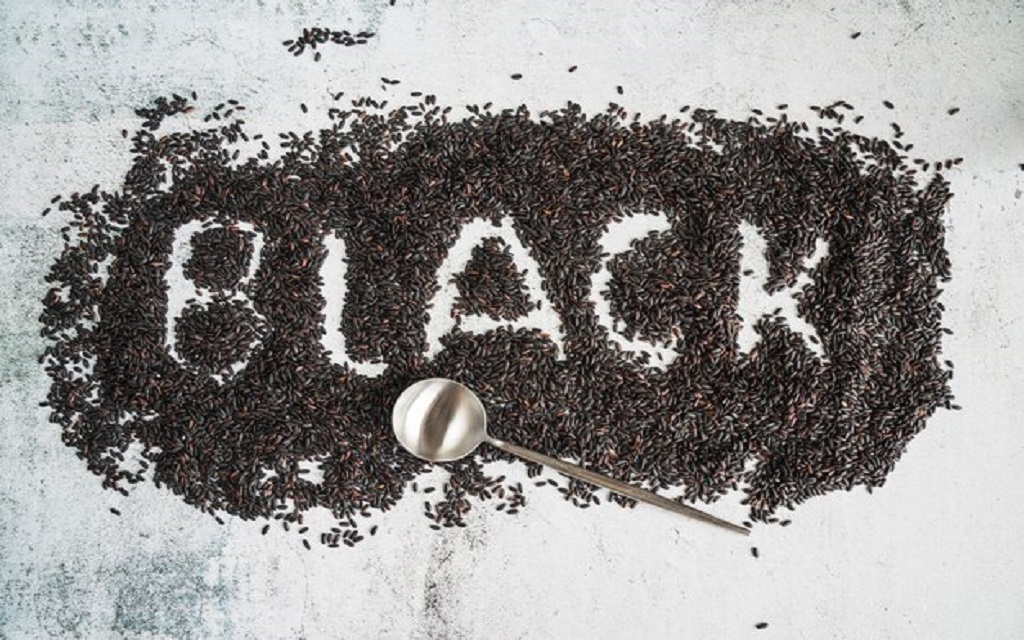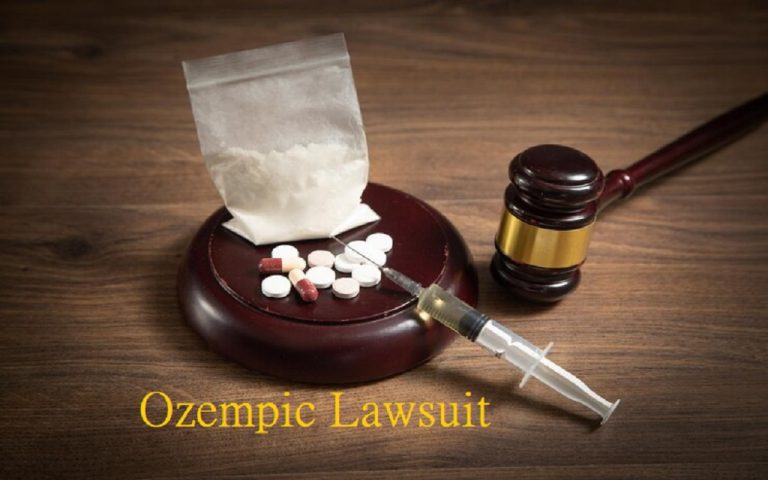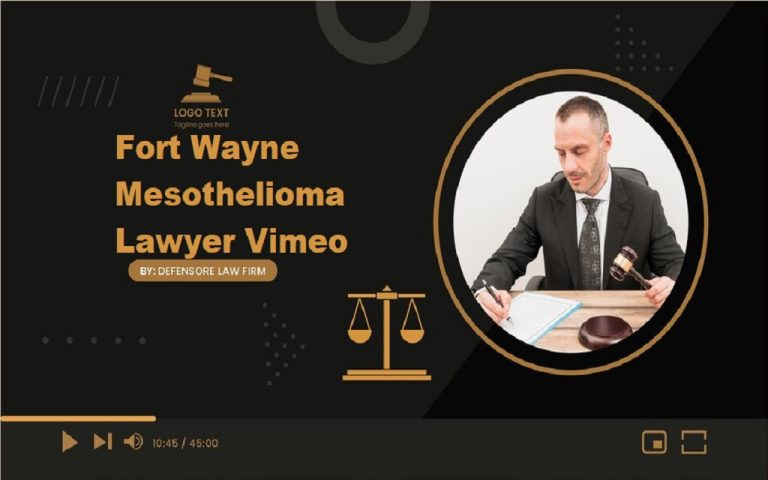You could have consumed black licorice, mistakenly believing it was a safe snack. Knowing the facts immediately is crucial. Because of the serious health hazards, several licorice makers have been the object of legal action. You ought to understand what led to the cases and how they impact you. The health effects of eating black licorice, the resulting legal proceedings like the black licorice lawsuit, and the duties of producers to ensure customer safety are all examined in this article.
Black Licorice Lawsuit: Health Risks and Legal Implications
A classic treat that many people love, black liquorice has recently come under legal investigation because of possible health dangers. Glycyrrhizin, a sweetening agent obtained from liquorice root, is at the heart of these worries since it has been connected to significant health problems.
Why Did People Sue Over Black Licorice?
Glycyrrhizin, a sweetening agent in liquorice root, is the primary cause of the lawsuits. It may pose serious health hazards. Low potassium levels, irregular heartbeats, and elevated blood pressure might result from excessive consumption.
The FDA states that significant cardiac problems can occur in persons over 40 who take two ounces of black liquorice every day for at least 14 days. The government highlighted the risk, particularly for senior citizens, when this warning was issued in 2017.
In recent cases, plaintiffs asserted that they had atrial fibrillation. In many cases, the condition became permanent. Others also developed cardiovascular injuries after eating black licorice products sold without any health warnings.
Who Was the Main Company Sued?
One such lawsuit was centred on Hershey. The brand may be familiar to you from items like Good & Plenty and Twizzlers. Four persons sued Hershey in July 2021. They contended that there was no notice on the company’s packaging.
The plaintiffs said Hershey’s used real licorice root that contains glycyrrhizin. They alleged that the failure to warn led to their medical issues. They sought compensation based on product liability laws.
According to court filings, Hershey argued its products met FDA standards. It claimed federal rules preempted state-based claims. You should know that in July 2022, the Pennsylvania court denied Hershey’s motion to dismiss.
This ruling allowed the lawsuit to continue. The court said food safety claims fall within the Nutrition Labeling and Education Act safety exception.
Why Is Glycyrrhizin a Legal Issue?
It is essential to know what glycyrrhizin does to your body. The compound causes potassium loss. It increases sodium retention. These effects disrupt mineral balance. You may suffer from:
- Muscle weakness
- High blood pressure
- Abnormal heart rhythms
- Fluid retention
- Kidney issues
According to Harvard Health Publishing, even moderate amounts can lead to hospitalization in sensitive individuals. The American Heart Association has published data confirming this risk in older adults.
Some countries require warning labels. In the U.S., however, no such requirement exists. That gap creates a legal gray area. Consumers rely on manufacturers to disclose ingredients and possible dangers.
What Makes the Lawsuit Legally Valid?
You should focus on how product liability laws apply. Legally, a manufacturer is required to alert consumers to known hazards. If a product contains an ingredient that might endanger customers, the manufacturer must give notice.
Plaintiffs in the black liquorice action said that Hershey was aware of the negative health consequences of glycyrrhizin and that the business knew the chemical was harmful. According to the claim, Hershey did not uphold its duty of care.
It is important to understand that the FDA does not prohibit black licorice. However, businesses are still subject to liabilities even without restriction. A consumer may sue under tort law if a product causes harm and no warning appears.
How Could This Affect You or Your Family?
You should consider how often you or your family members eat black licorice. The risks become serious with frequent use. Older adults and people with heart problems face the highest risk.
In one reported case, a man died in Massachusetts after consuming large quantities of black licorice over a short period. His potassium levels dropped. That caused cardiac arrest.
You may not face legal harm for eating the product. But it is essential to stay informed. If you or a loved one experiences medical issues after consuming licorice, legal options exist.
What Role Do FDA Regulations Play?
The FDA has labeled black licorice containing glycyrrhizin as “generally recognized as safe” (GRAS). This classification does not require warnings. However, the FDA issued a public safety advisory due to reported health problems.
The Nutrition Labeling and Education Act allows states to override federal labeling rules under a safety exception. Courts may apply this rule in cases where public health is at risk.
Legal experts see this lawsuit as a test case. Future litigation may depend on how the courts rule in this ongoing case.
How Do Other Companies Handle Black Licorice Safety?
Some manufacturers use synthetic flavoring instead of real licorice root. That prevents the glycyrrhizin risk. You may find similar-tasting products labeled as “licorice-flavored” but without the health dangers.
Other companies choose to include dosage instructions or health disclaimers. Those practices reduce legal risk and improve product transparency.
In contrast, Hershey has not changed its labeling strategy. That choice keeps the company exposed to legal claims. Consumers and advocacy groups continue to push for regulatory change.
What Can You Do If You Suffer Health Issues?
You should take legal action if you experience heart problems after eating black licorice. Start by consulting a product liability attorney. Legal experts can assess your black licorice lawsuit using the following criteria:
- Proof of consumption
- Medical diagnosis
- Timeframe and severity of symptoms
- Product brand and batch information
Document your medical records. If possible, keep the product packaging. Report your adverse reaction to the FDA through MedWatch.
You may receive compensation if the court rules the company failed to warn. Legal settlements can cover:
- Medical costs
- Pain and suffering
- Loss of income
- Future treatment expenses
How Will This Case Impact Food Safety Laws?
Legal analysts expect more lawsuits in the food and beverage sector. As awareness spreads, companies must adapt. You should expect to see more warning labels soon.
Consumer safety has become a key topic in legislative discussions. Lawmakers may revise GRAS standards or amend federal labeling rules. In the meantime, courts will shape legal precedents.
The black licorice lawsuit signals a shift in how courts view food product liability. Legal outcomes may also affect consumers’ rights regarding other food items.
Conclusion: What Should You Remember?
Limit your consumption of black licorice, read ingredient labels, look up health warnings on familiar foods, and consult a physician if you experience any symptoms.
Reliable medical advice is crucial. You should also hold companies accountable. Product safety is a legal and ethical duty.
If you or someone you know suffered health problems due to black licorice, legal help is available. Courts recognize your right to safe food products. Take action, stay informed, and protect your health.
Must Read: 3M Earplug Lawsuit: How to Claim Your Compensation?




